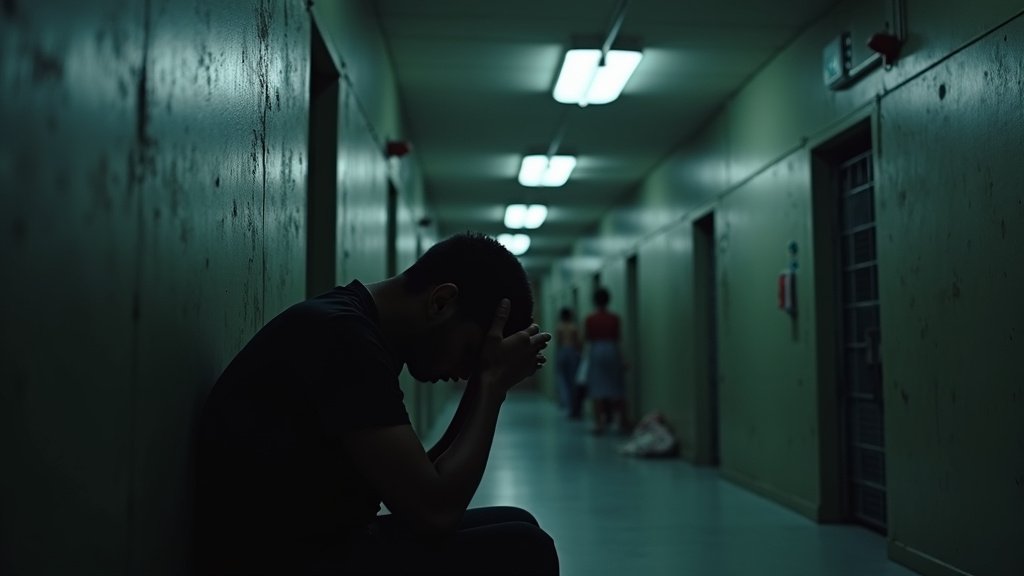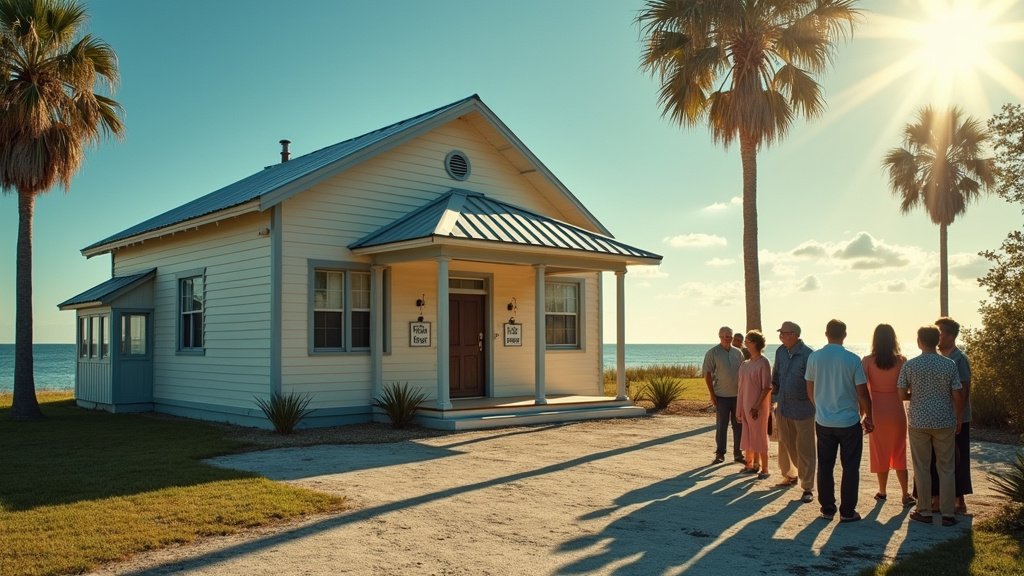Florida’s Immigration Detention: A Constitutional Crisis Unfolding
A critical examination of Florida’s approach to immigration detention reveals a system fraught with constitutional peril. This analysis, stemming from a recent Miami Herald editorial, underscores profound concerns regarding the state’s policies and their implementation, painting a stark picture of potential human rights violations and legal entanglements.
Critiquing State Policies and Practices
The core of the argument presented in this Miami Herald editorial centers on the assertion that Florida’s illegal immigration detention center operates as a “constitutional nightmare.” This strong language indicates a deep-seated dissatisfaction with how the state is managing individuals within its detention facilities. The editorial likely delves into specific state-level initiatives that contribute to this perceived crisis, potentially including legislation, inter-state agreements, or unique operational procedures that may not align with established legal precedents or protections for detainees.
The piece questions the fundamental legality and ethical underpinnings of these policies. It suggests that the state may be overstepping its bounds or creating an environment where the rights of those detained are systematically compromised. The editorial aims to inform the public and policymakers about these serious issues, urging a reevaluation of the current trajectory.
Concerns Over Detainee Treatment
A significant portion of the critique focuses on the treatment of detainees within the facility. This is a recurring theme in discussions surrounding immigration detention centers globally, and the Florida context appears to be no exception. The editorial likely raises alarms about conditions, access to legal counsel, healthcare provisions, and the overall humane treatment of individuals who, regardless of their immigration status, are entitled to certain fundamental rights.
Such concerns can encompass a range of issues, from overcrowding and sanitation to the psychological impact of prolonged detention. By highlighting these aspects, the Miami Herald is not just reporting on a facility; it is shedding light on the human cost of current immigration enforcement strategies. The editorial implies that the manner in which individuals are handled within this center raises serious questions about adherence to due process and international human rights standards.
Legal Ramifications and Broader Immigration Critique
The legal ramifications of the center’s operations are also a focal point. The editorial suggests that Florida’s policies and practices could lead to significant legal challenges, potentially involving lawsuits from detainees, advocacy groups, or even federal agencies. Such challenges could stem from alleged violations of constitutional rights, such as the right to due process, freedom from cruel and unusual punishment, or access to legal representation.
Beyond the immediate legal consequences for the state, the opinion piece uses the situation in Florida to launch a broader critique of the immigration system as a whole. By framing the state’s detention center as a “constitutional nightmare,” the editorial implicitly argues that this facility is symptomatic of larger, systemic failures within the national immigration framework. It suggests that the issues witnessed in Florida may be indicative of broader trends or a lack of effective oversight at higher levels.
This comprehensive editorial serves as an important piece of news, prompting vital conversations about justice, human rights, and the rule of law in the context of immigration. It is a call to action for a more just and constitutionally sound approach to immigration detention.
This editorial from the Miami Herald represents a significant contribution to the ongoing news cycle surrounding immigration policy. It provides a strong opinion that challenges the status quo and encourages a deeper understanding of the complex legal and ethical dimensions of immigration detention in Florida.
Understanding the Editorial’s Stance
The opinion piece is unequivocal in its condemnation of Florida’s immigration detention center, labeling it a “constitutional nightmare.” This strong declaration sets the tone for the entire article, signaling that the author’s intent is to expose and criticize perceived injustices. The editorial is not merely descriptive; it is prescriptive, aiming to influence public opinion and potentially policy decisions. The critique of state policies and practices is direct, questioning the very legality and ethicality of the methods employed.
Detainee Welfare Under Scrutiny
The focus on the treatment of detainees highlights the human element of immigration policy. By bringing attention to the conditions and care (or lack thereof) provided to individuals within the detention center, the editorial underscores the importance of humane treatment. This aspect of the news coverage appeals to a sense of empathy and justice, framing the issue not just as a legal or political problem, but as a humanitarian one.
Legal Challenges and Systemic Failures
The discussion of legal ramifications is crucial, as it points to the potential consequences of violating constitutional rights. The editorial suggests that the actions taken by Florida could result in significant legal battles, drawing attention to the accountability mechanisms within the legal system. Furthermore, by linking the specific issues in Florida to a broader critique of the immigration system, the piece elevates the discussion beyond a single facility, suggesting that the problems are systemic and require more widespread reform.
In conclusion, this Miami Herald opinion piece offers a powerful indictment of Florida’s immigration detention center, arguing that its operations constitute a constitutional nightmare. Through its detailed critique of state policies, its focus on detainee treatment, and its exploration of legal ramifications, the editorial provides a vital perspective on the broader immigration system and serves as a critical piece of news for those concerned with human rights and the rule of law.





